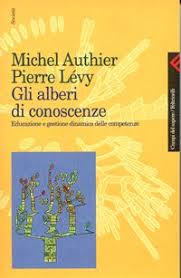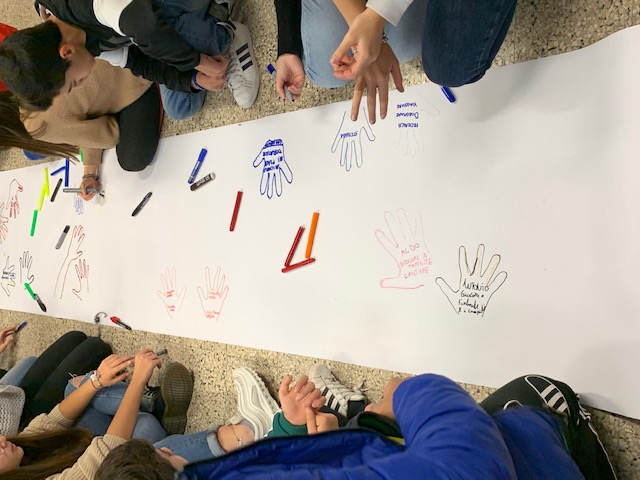The ethics of "collective intelligence"
Nobody knows everything, but everybody knows something. Everyone can be enriched by the knowledge of others and each human being is a source of knowledge for others. Knowledge is not only the first wealth of the contemporary world, but also one of the places of solidarity between people. The ethic of collective intelligence puts the individual at the service of the community, while facilitating its full expression, and is based on the model of cooperative learning where access to knowledge is conceived as access to the knowledge of all and where the exchange of knowledge becomes a new form of social bond.
The term “Community of Knowledge” is contained in the title of the UNESCO Chair.
The “Community of Knowledge” concept is also contained within the Management Plan of The Sassi and the Park of the Rupestrian Churches of Matera and has guided the activities of the Symposia for the Management Plan. It has also characterized the role of “Knowledge Bearers” recognized to the participants in the workshops. In continuity with the experience of the Plan, the idea of “Community of Knowledge” is also at the heart of the UNESCO Chair project.
“Community of Knowledge” is a line of investigation and experimentation of the UNESCO Chair on the aspects of participation, process facilitation, identity co-construction processes and dynamic mapping of the knowledge of a community for a new solidarity-based knowledge economy.
A pivotal reference of research and experimentation on “Communities of Knowledge” of the UNESCO Chair is the idea contained in the book by Michel Authier and Pierre Lévy, The trees of knowledge.
Educazione e gestione dinamica delle competenze (Feltrinelli, Milano 2000, Paris 1992), an enlightening manifesto and operative tool, published at the beginning of the nineties of the last century and projected with a lucid foreshadowing on the crucial themes of our present time and oriented towards human evolution in advance of what would become our guide: the Agenda 2030.
Starting with this line, this Chair looks for strategies to involve people, considered as bearers of knowledge, for processes of identity between communities and places of living as social links based on exchanges of knowledge, listening and appreciation of individuals, and ways are experimented to facilitate the development of communities of knowledge oriented towards peace and sustainability.
“Communities of Knowledge” is a guiding idea expressly contained in the project “Osservatorio Sassi Matera” and in the educational activities of the UNESCO Chair, as well as the experimentation of the “Trees of Knowledge” model.
TOOLS: "Trees of Knowledge" by Michel Authier and Pierre Lévy
A tool for dynamic skills management is the construction of “Trees of Knowledge ” (based on the Authier and Lévy model) both individually than in the classroom group. The use of the device prepares the basis for understanding certain aspects of individual knowledge, group knowledge, awareness of the structure of knowledge and facilitates intuitions about a wider use of one’s own knowledge, and trains the ability to recognize, organize and use the knowledge.
An exercise is based on the representation of one’s own knowledge Tree/Structure and the representation of the knowledge tree/structure of the group. Another exercise is centered on the transfer of a knowledge core to another person and within a group.
Some educational experiences of the UNESCO Chair, like those in the ERT programme, are inspired by the “Trees of Knowledge” tool.
Starting from the theory and model developed by Authier and Lévy, a research is being undertaken within the “Osservatorio Sassi Matera” in order to create a community of knowledge among those interested in the management of the UNESCO site.


